Registry Cleaning Versus Registry Optimization - Which Is Better?
6 min. read
Updated on
Read our disclosure page to find out how can you help Windows Report sustain the editorial team. Read more
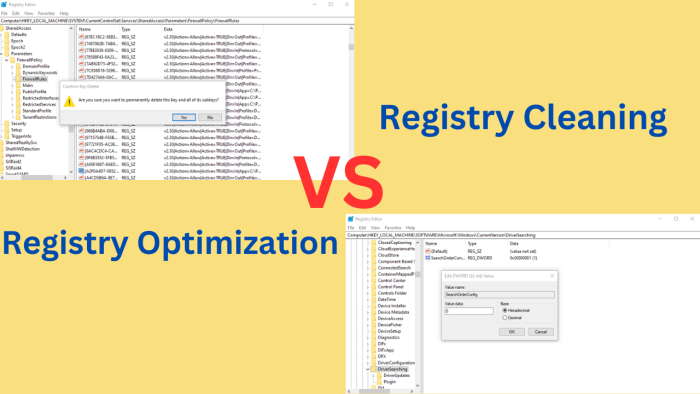
Registry cleaning versus registry optimization is an important discussion if you’re interested in maintaining your PC’s performance and stability. However, despite their similarities, these two approaches serve different purposes. So today, I’ll highlight their differences, benefits, and appropriate usage.
Let’s begin!
Registry Cleaning versus Registry Optimization: What Are These Actions?
Registry cleaning involves scanning the Windows Registry for outdated, invalid, or erroneous entries and removing them. Installing and uninstalling software can cause it to accumulate obsolete keys that may slow down your system. Cleaning helps remove these unnecessary entries and improves system performance and stability.

On the other hand, registry optimization focuses on reorganizing and defragmenting the registry to enhance its performance. This process reduces registry size, consolidates fragmented items, and optimizes its structure for faster access. This can result in quicker application launches and improved system responsiveness.
Here’s a short comparison:
- Purpose: Registry cleaning removes unnecessary or invalid entries, while optimization aims to improve its structure and access efficiency.
- Process: Cleaning involves identifying and deleting obsolete keys. In contrast, optimization reorganizes and defragments existing entries to streamline registry access.
- Outcome: Cleaning reduces clutter and potential errors; optimization enhances speed and efficiency.
When Do I Clean the Registry and When Do I Optimize It?
There are specific times to clean or optimize the registry.
Here’s what to do!
When To Clean the Registry
You should use dedicated registry cleaners in the following situations:
- After uninstalling software: Whenever you uninstall a program, it often leaves behind registry entries. Cleaning the registry can remove these remnants so they don’t cause conflicts or slow down your system. CCleaner is one of the most popular tools for this task. It’s user-friendly and effective in removing unwanted entries
- Post-malware removal: After removing malware or viruses, you should clean the registry to remove any entries created by the malicious software. This way, you can be certain the malware won’t reappear or leave traces that can affect system performance. You can use Wise Registry Cleaner for deep cleaning. It also comes with a backup feature to ensure safety.
- System errors and crashes: If your system is experiencing frequent crashes, blue screens, or errors, cleaning the registry might resolve some of these issues by eliminating corrupt or conflicting entries. Auslogics Registry Cleaner is a reliable tool that focuses on finding and deleting these invalid items.
- Performance degradation: If your computer is running noticeably slower over time, you can speed it up by removing unnecessary data.
When To Optimize the Registry
You’ll want to focus on optimization instead, in these situations:
- System performance optimization: If you want to boost overall system performance, optimizing the registry can help your operating system read and write data more efficiently. Registry Life offers both cleaning and optimization features, making it a convenient choice for overall registry maintenance.
- After heavy software changes: Optimizing can help reorganize and compact the registry if you’ve installed or uninstalled a lot of software recently. Auslogics Registry Defrag is specifically designed for this task.
- Routine maintenance: Just like defragmenting a hard drive, regularly optimizing the registry can help maintain its performance. Depending on your usage, doing this every few months can be beneficial. Advanced SystemCare is a comprehensive tool suite that covers this during its system maintenance process.
The Limitations and Risks of Registry Cleaning and Optimization
Despite both of these processes being important to your PC, they have some limitations and risks.
Limitations and Risks of Registry Cleaning
You might notice:
- Minimal performance gains: Despite common claims, cleaning the registry rarely results in significant performance improvements. Most modern systems are designed to handle registry size and complexity efficiently, so the impact on speed and responsiveness is minimal.
- Solves limited issues: Registry cleaning addresses only a narrow range of potential problems. It won’t fix deeper system issues caused by hardware faults, corrupt system files, or complex software conflicts.
- Redundant cleanings: Regularly running registry cleaners can be unnecessary. Once you remove invalid entries, frequent cleanings will likely find fewer issues.
- Impact on a large scale: Most average users don’t grow their registry to a size where it significantly degrades performance.
- Potential for system instability: Incorrectly removing or modifying entries can lead to system instability. This can cause programs to malfunction or the entire operating system to become unbootable.
- Loss of important data: Some registry entries might be required for specific software or hardware configurations.
- Accidental deletions: Even with advanced tools, there’s always a risk of accidentally deleting critical registry keys. This is especially true for inexperienced users who may not fully understand the implications of this process.
- Security risks: Downloading and using untrustworthy tools can expose your system to malware, spyware, or other security threats. That’s why you should only stick to safe and reputable cleaners.
Limitations and Risks of Registry Optimization
You may encounter:
- Marginal performance boost: Similar to cleaning, registry optimization offers only marginal performance enhancements. The difference in speed is often not noticeable to the average user, particularly on modern hardware.
- Temporary improvements: The benefits can be short-lived. As you continue to use your system, the registry will inevitably fragment again.
- Compatibility issues: Some tools may not be fully compatible with all versions of Windows.
- Data corruption: Optimization involves rearranging the data in the registry. Any interruption during this process can corrupt it and lead to serious system issues.
- Unforeseen consequences: Optimization can sometimes remove even necessary keys. This will also cause apps to fail to start or the loss of settings.
- Misleading claims: Some tools make exaggerated claims about their effectiveness. Users may be misled into expecting significant performance improvements, only to be disappointed with minor changes.
- System vulnerability: As with cleaning tools, using shady optimization software can expose your system to vulnerabilities.
Verdict
Overall, registry cleaning is best for resolving system errors, speeding up a slow system, and post-uninstallation cleanup. It’s a targeted approach to removing unnecessary clutter and fixing specific issues.
On the other hand, optimization is ideal for regular maintenance and enhancing overall system performance. It’s a broader approach that maintains a smooth and responsive system.
So, now you know which process to prioritize when considering registry cleaning versus registry optimization!


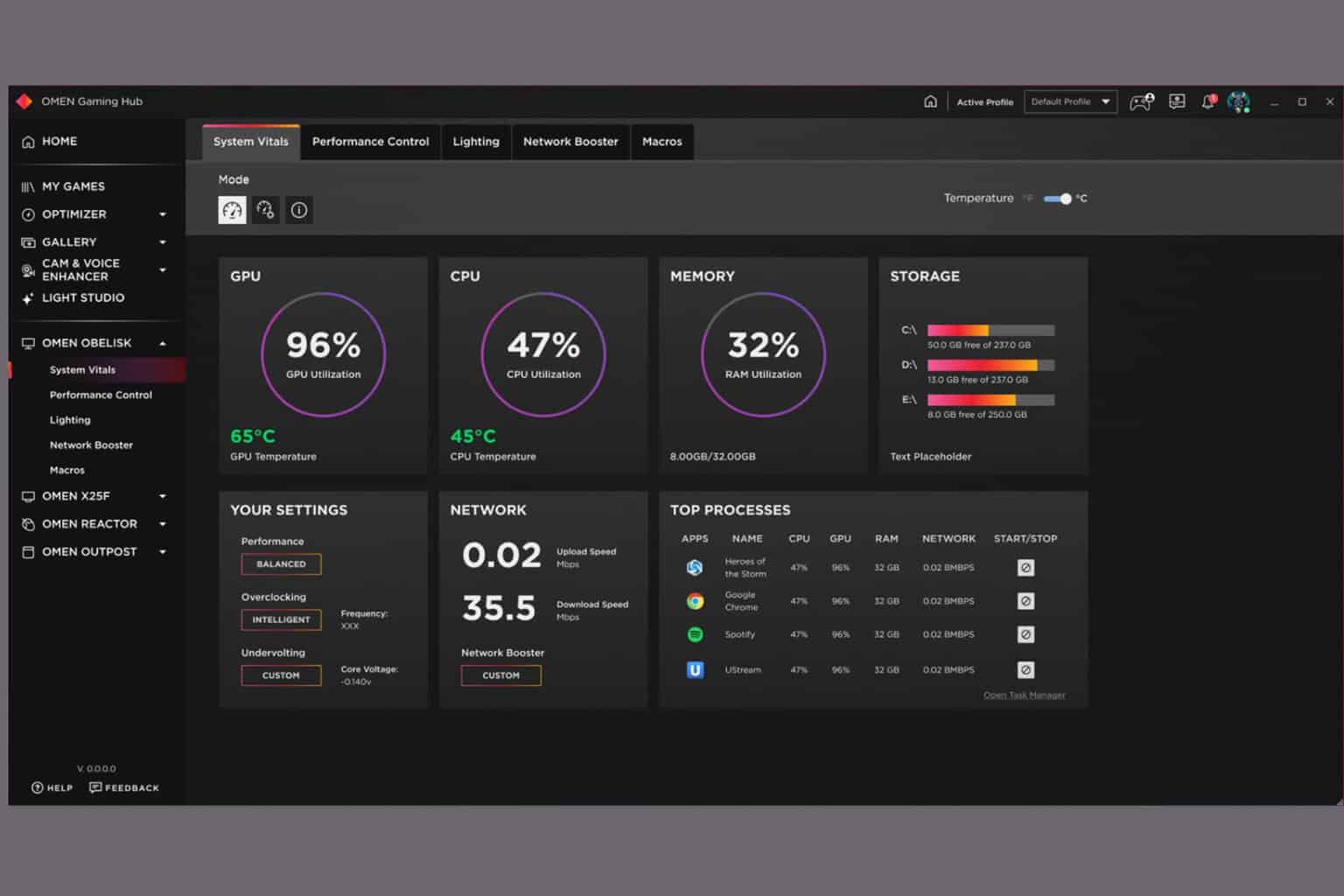
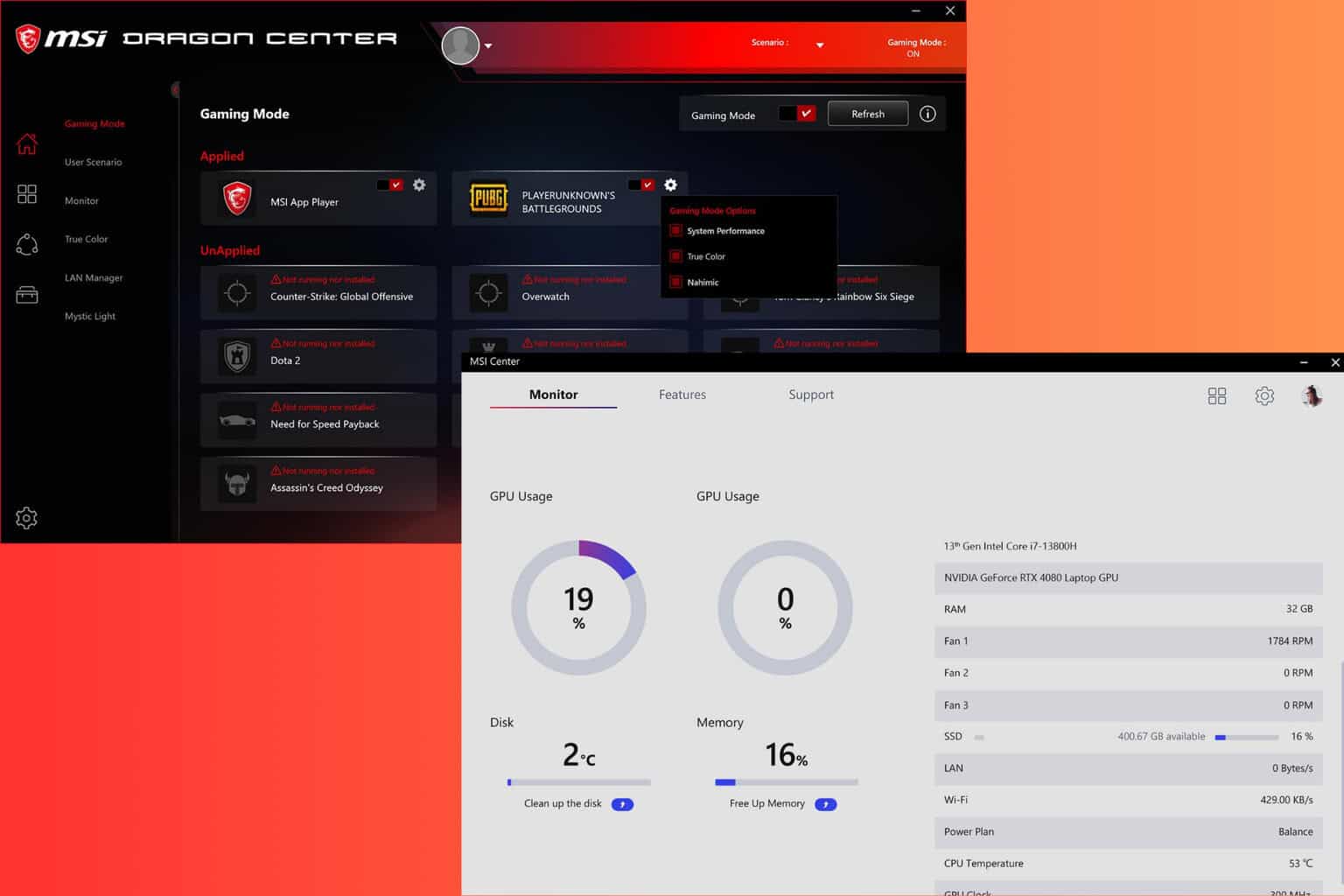
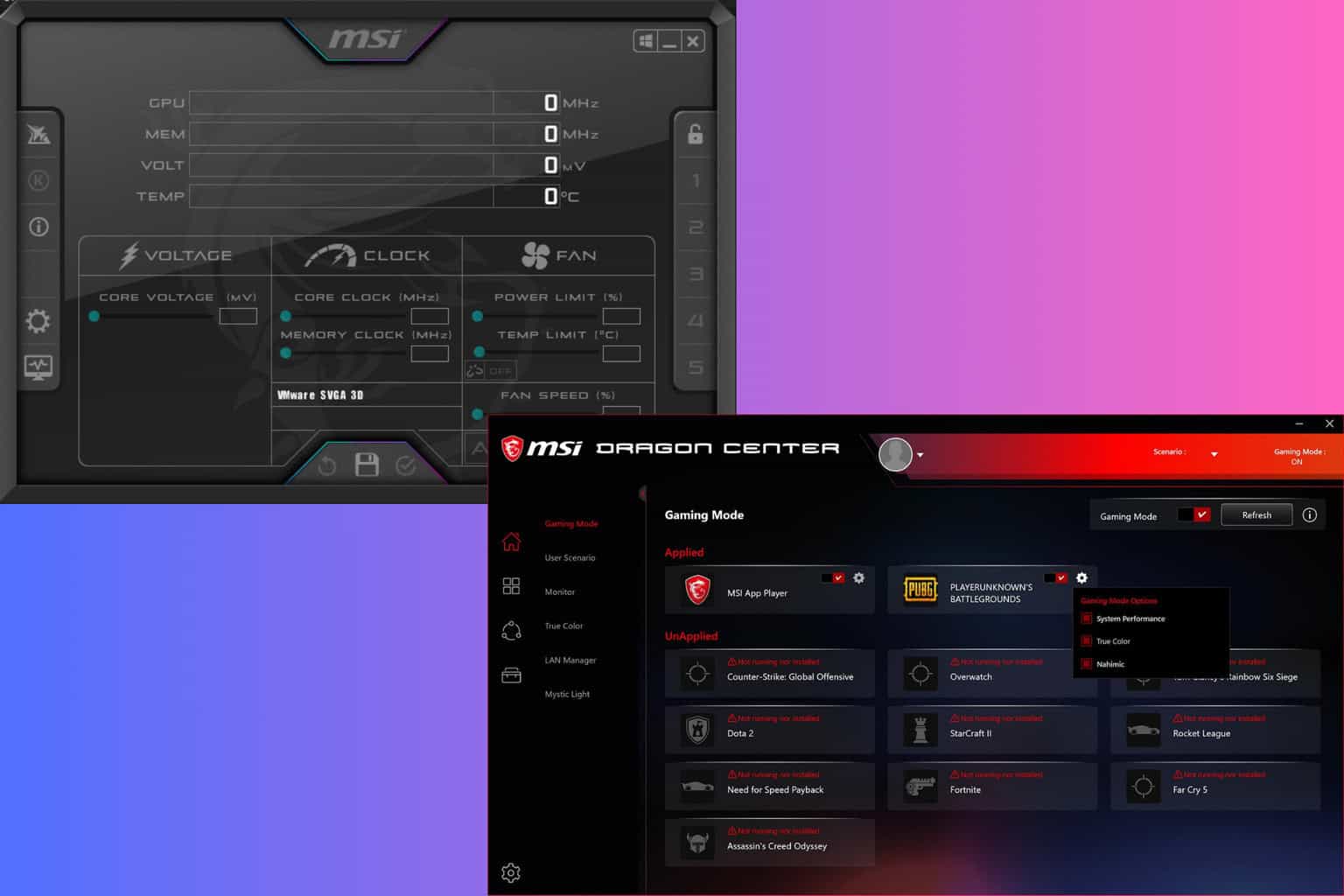


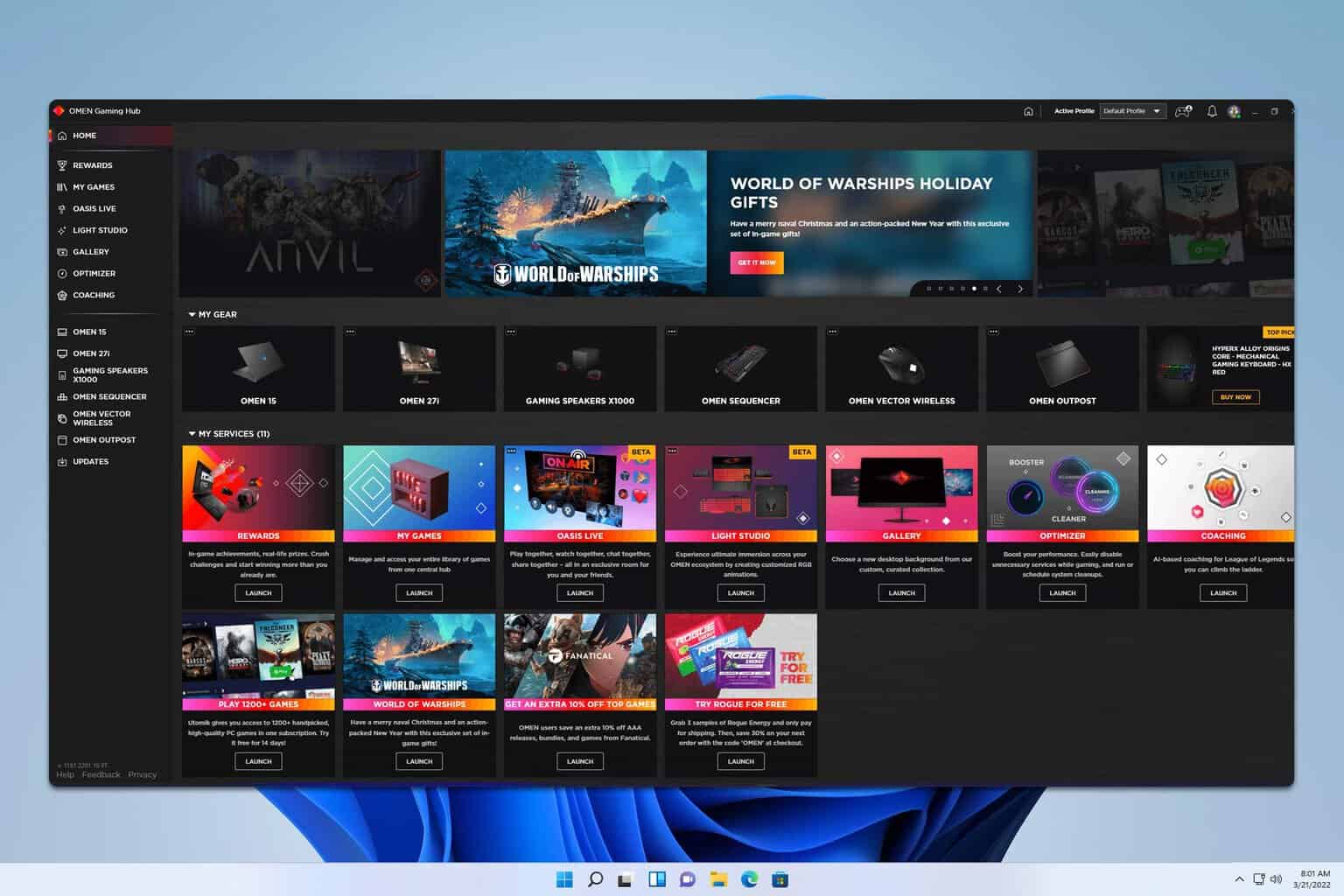


User forum
0 messages